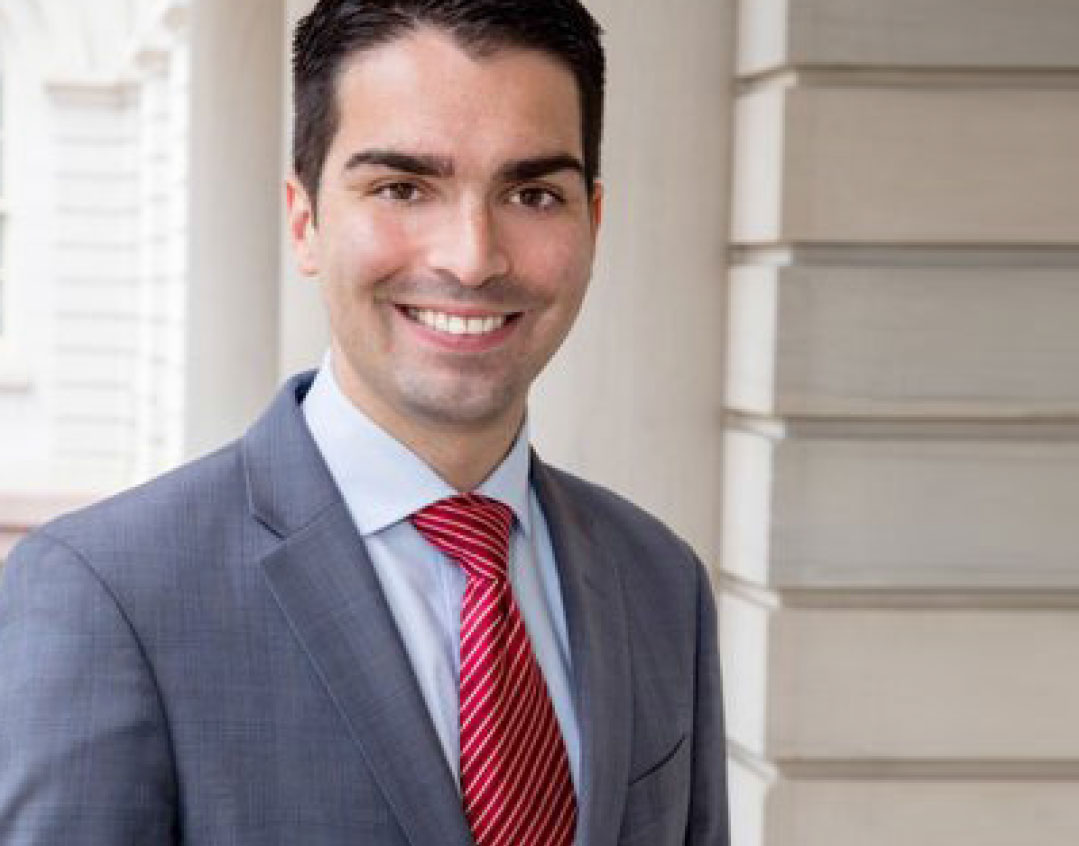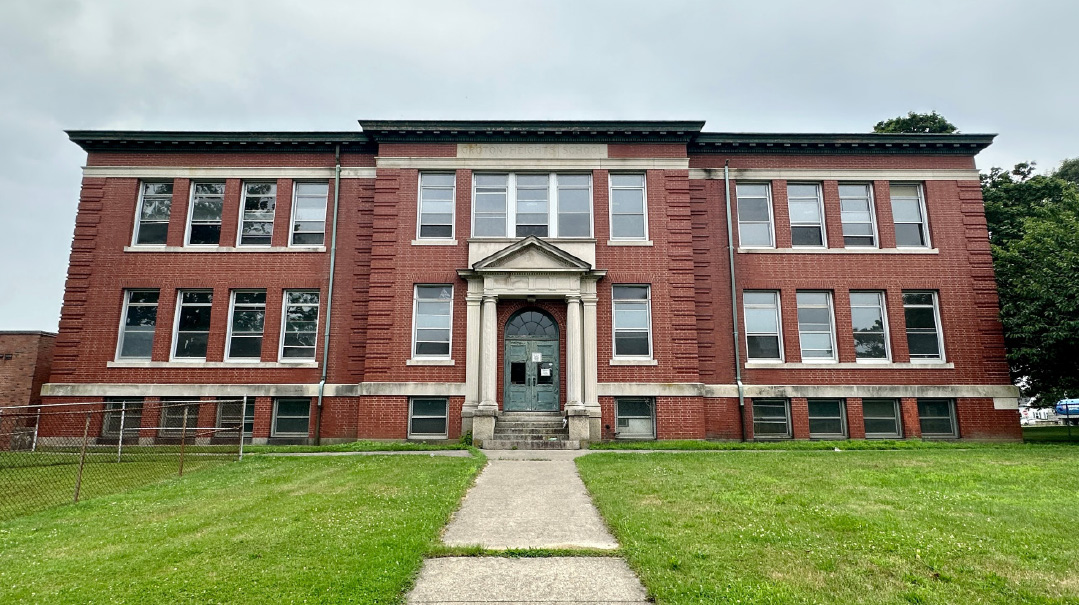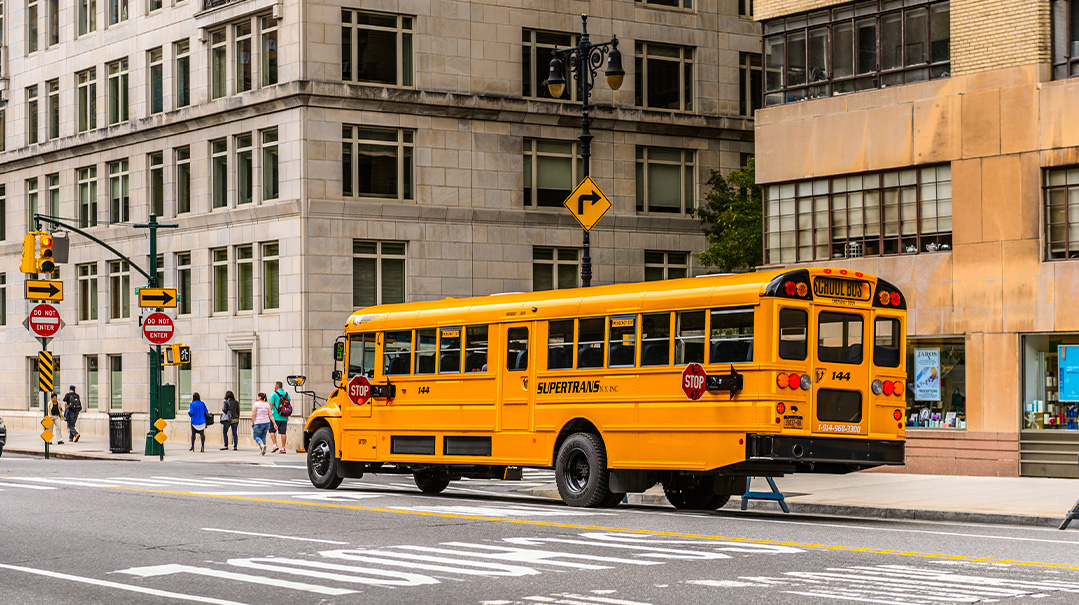Public Advocate Race: 4 Lessons


After previous incumbent Letitia James was elected state attorney general last November, the position of New York City public advocate became vacant. Seventeen candidates vied for the seat in last week’s special election. The Orthodox community by and large supported one of those people, Queens city councilman Eric Ulrich. He lost.
What now? And what does this mean for the community? Here are some takeaways:
1. Jumaane Williams won — congratulations! He now takes over an office with little power but gets a huge kick upstairs when the next mayoral election rolls around in 2021.
Williams has sort of a political comeback story to tell. After his 2017 reelection, he became a bit of a pariah, having backed the losing candidate for council speaker. He was left out of committee chairmanships and was seen as on the outs with the council’s new leadership.
But he pulled himself back into the mix, first with a near-win last year challenging Gov. Andrew Cuomo’s handpicked candidate for lieutenant governor, and now with a convincing victory as public advocate.
2. Will a Mayor Williams be good for the Jews? The answer is, not particularly, though he relentlessly courted the community in this past race. A councilman, he represented parts of Jewish Flatbush these past eight years and has many relationships. But he hasn’t been an exemplary friend when it comes to yeshivos, for example. He was one of a handful of councilmen representing Jewish districts not to sign onto a letter in support of yeshivos, and as recently as last week he repeated the falsehood that yeshivos do not provide an adequate education. For these reasons, askanim in his district did not back his candidacy.
3. The Orthodox strategy was solid but didn’t work. The decision to back Eric Ulrich’s candidacy was made by several roshei yeshivah heavily involved in activism, to counter the current threat to yeshivos. The thinking went that, with so many impressive candidates, the rest of the city would divide their votes, allowing the united frum community to flex its muscles.
The community did as expected. Ulrich came in second place, winning about 19% of the vote.
The rest of the city did not do as expected. Instead of giving 10% to each of the top five or six candidates, they threw it all at Jumaane. Names such as Melissa Mark-Viverito, the former city council speaker, or Michael Blake, a state assemblyman, who is the vice chair of the Democratic National Committee, apparently meant nothing to John of Park Slope or Jack of DUMBO.
So, Jumaane took nearly 33% of voters, winning Brooklyn and Manhattan, while the rest got fewer than 11%. Ulrich handily won Queens and Staten Island while Blake took his home borough of the Bronx.
4. As usual, turnout was dismal. Dismally dismal, in fact. Less than 9% of eligible voters even bothered, amounting to only 396,000 ballots. The other 91% couldn’t have cared less.
Or, by not voting, they were signaling support for the status quo.
(Originally featured in Mishpacha, Issue 751)
Oops! We could not locate your form.













